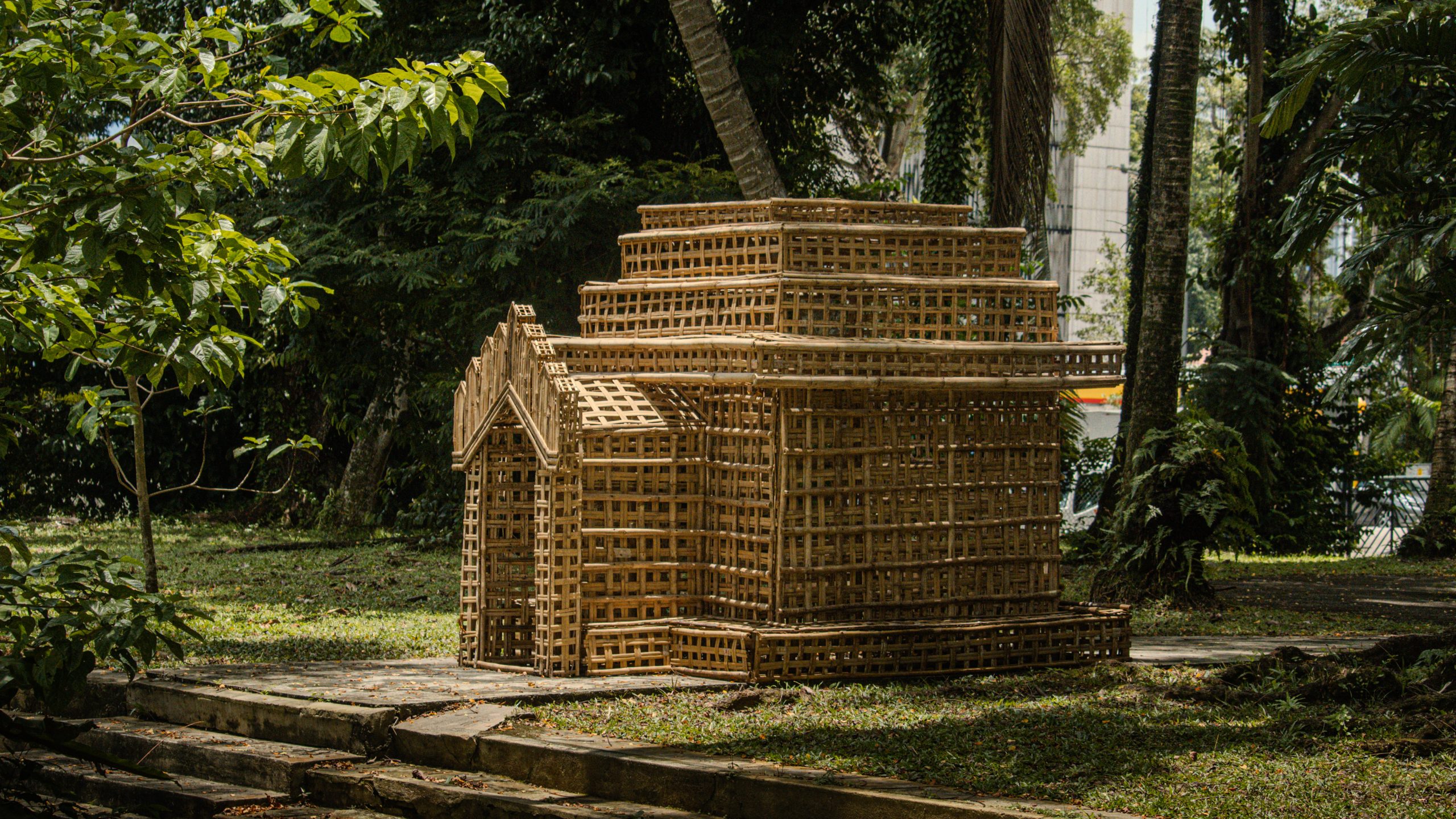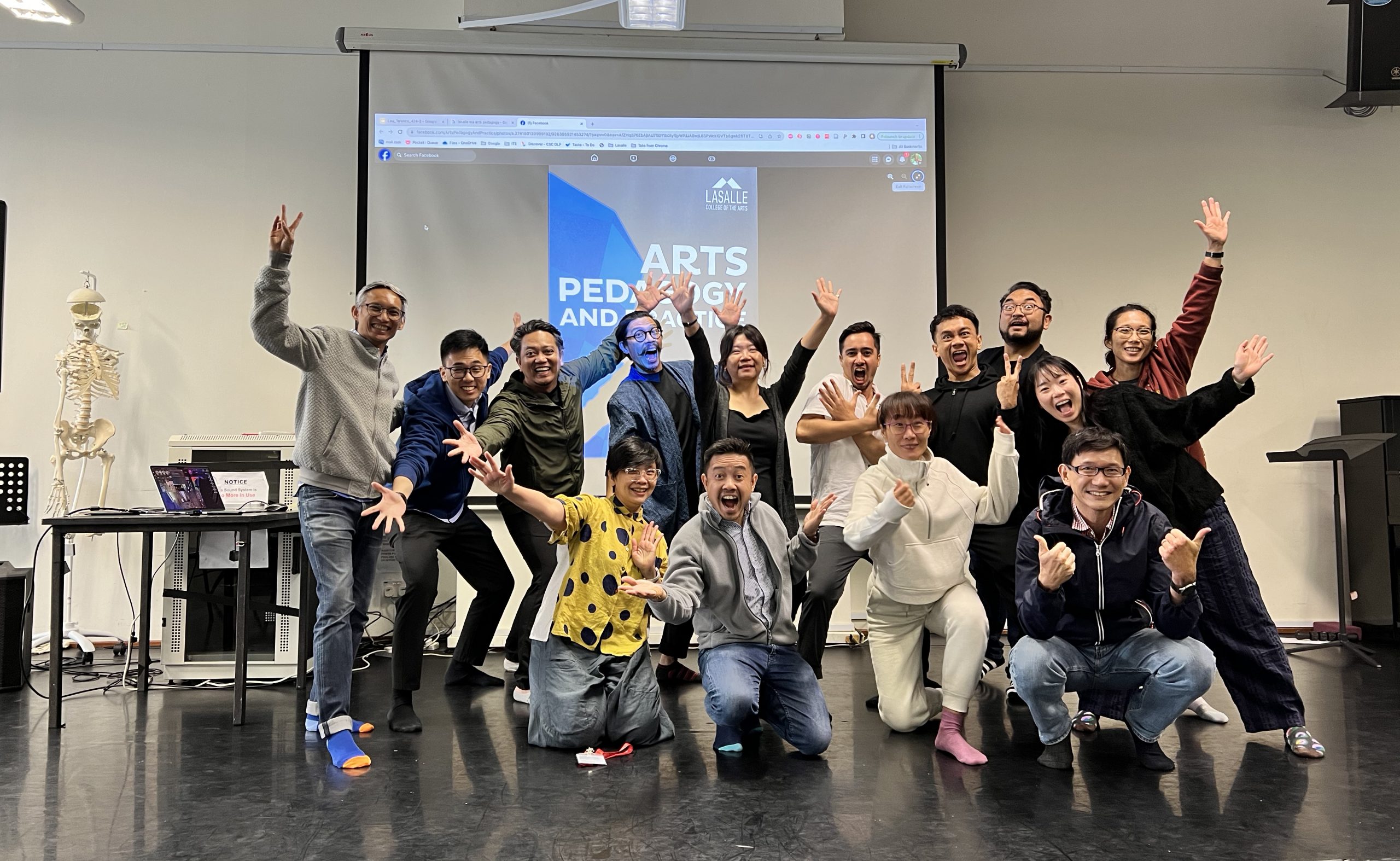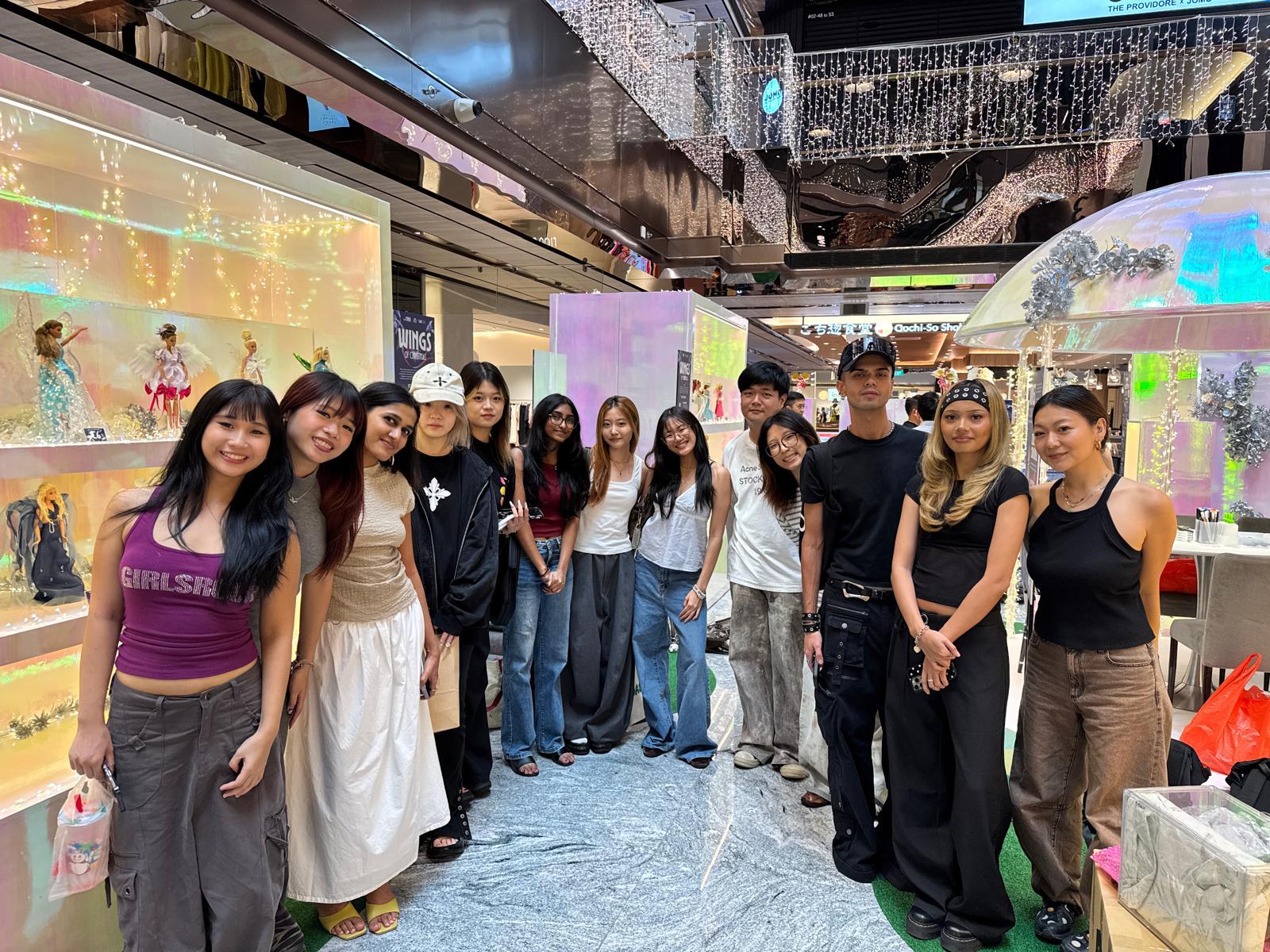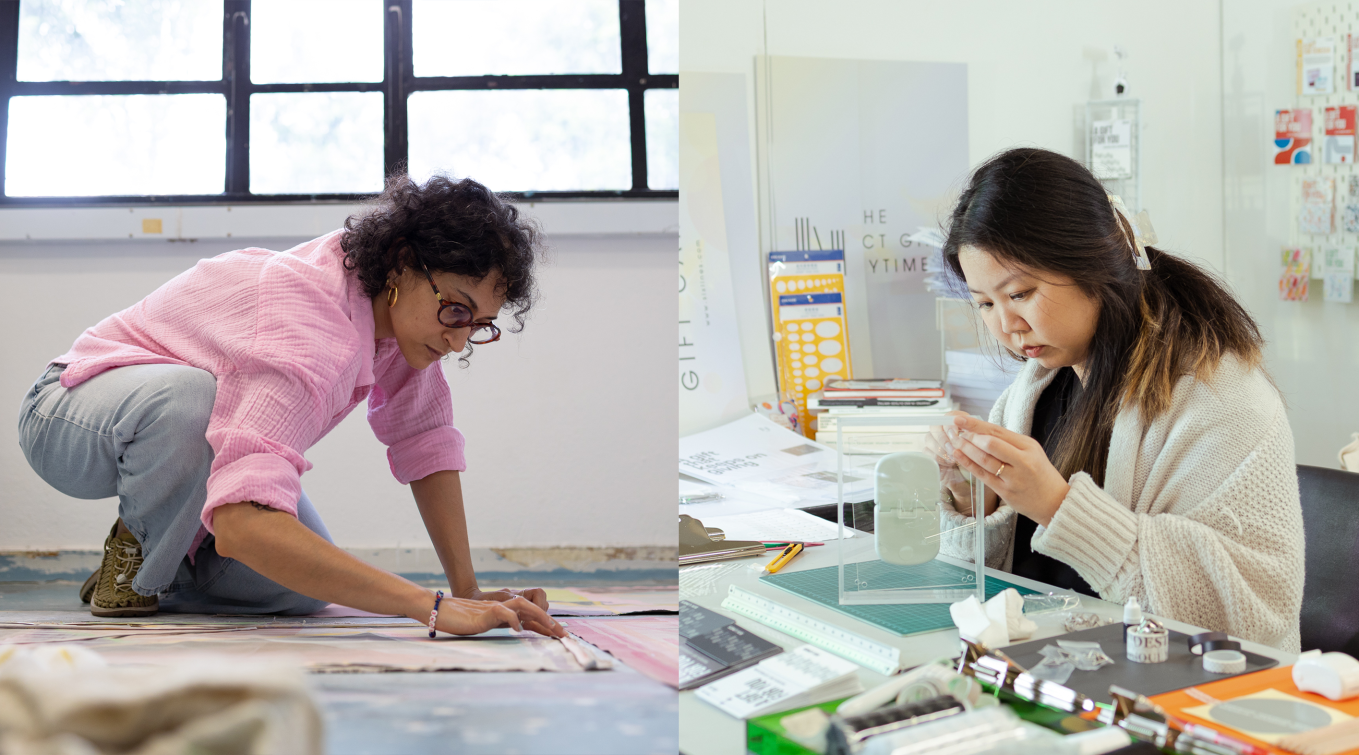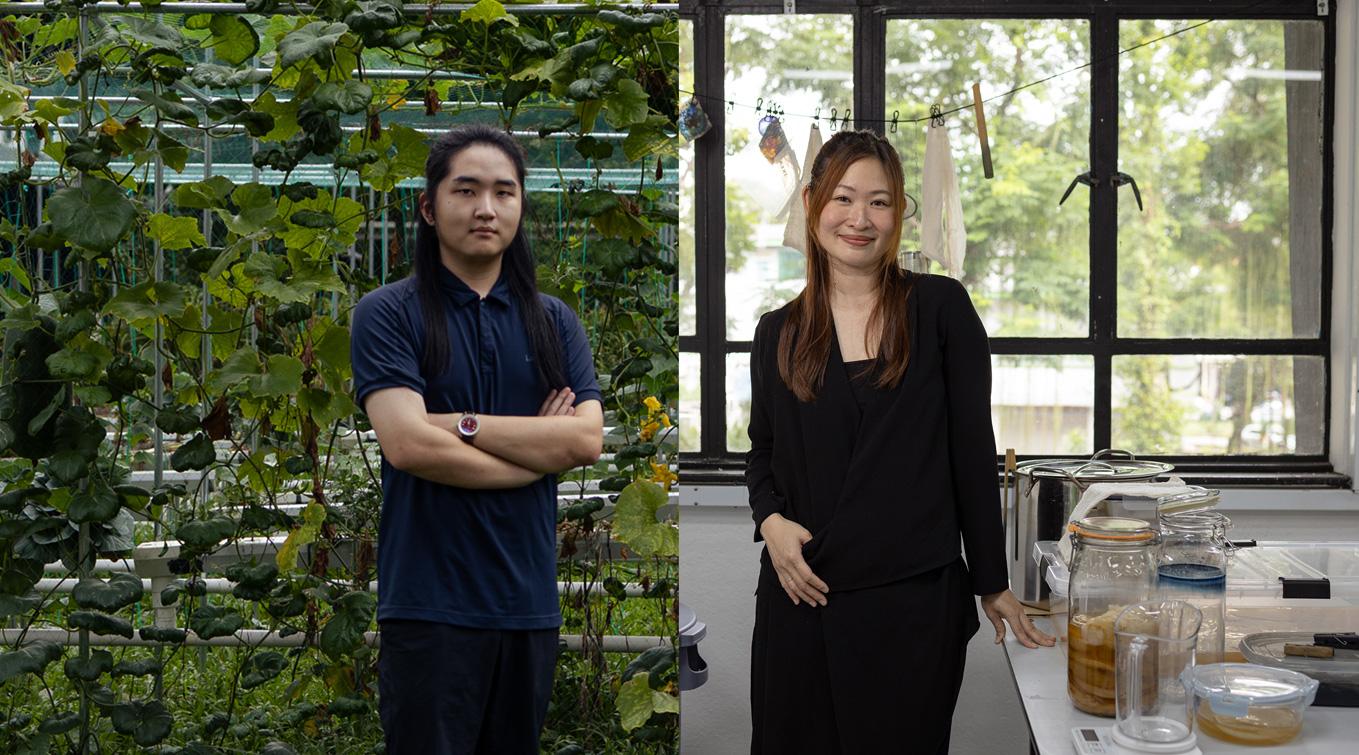What happens after art school? #5: Kiat Tan Wei Jie on not stressing over the destination
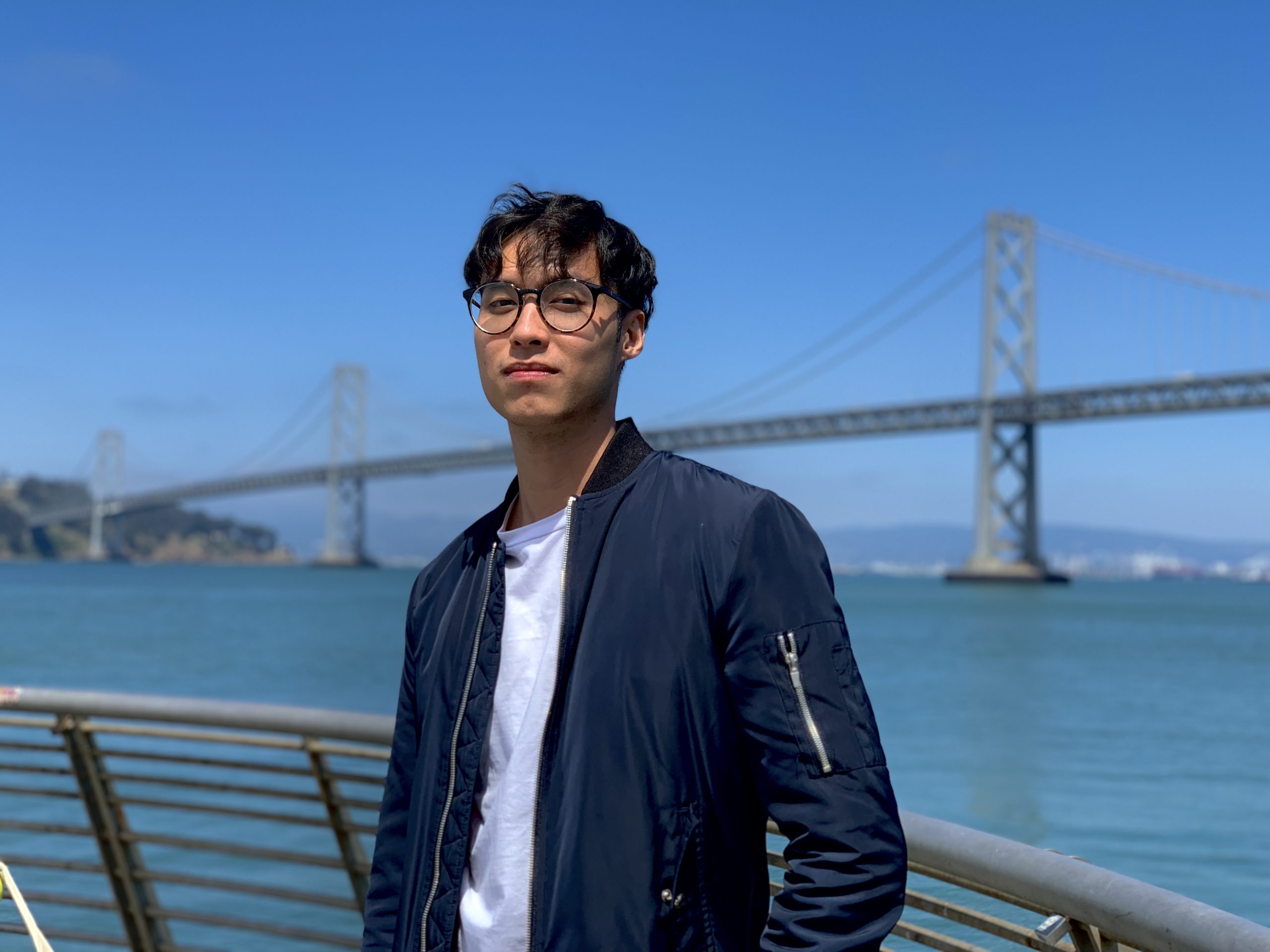
When LASALLE BA (Hons) Design Communication alumni Kiat Tan Wei Jie was graduating in 2021, he faced a dilemma: should he seek a full-time job or lean into his inclination to ‘do his own thing’?
In the end, Kiat’s entrepreneurial drive won out, honed by his years as a freelance photographer, working across photojournalism and event photography. Shortly after graduation, he founded two new ventures – LUKI, a boutique that sells handcrafted soap, candles and homeware, as well as Studio Myriad, a creative studio and equipment rental house.
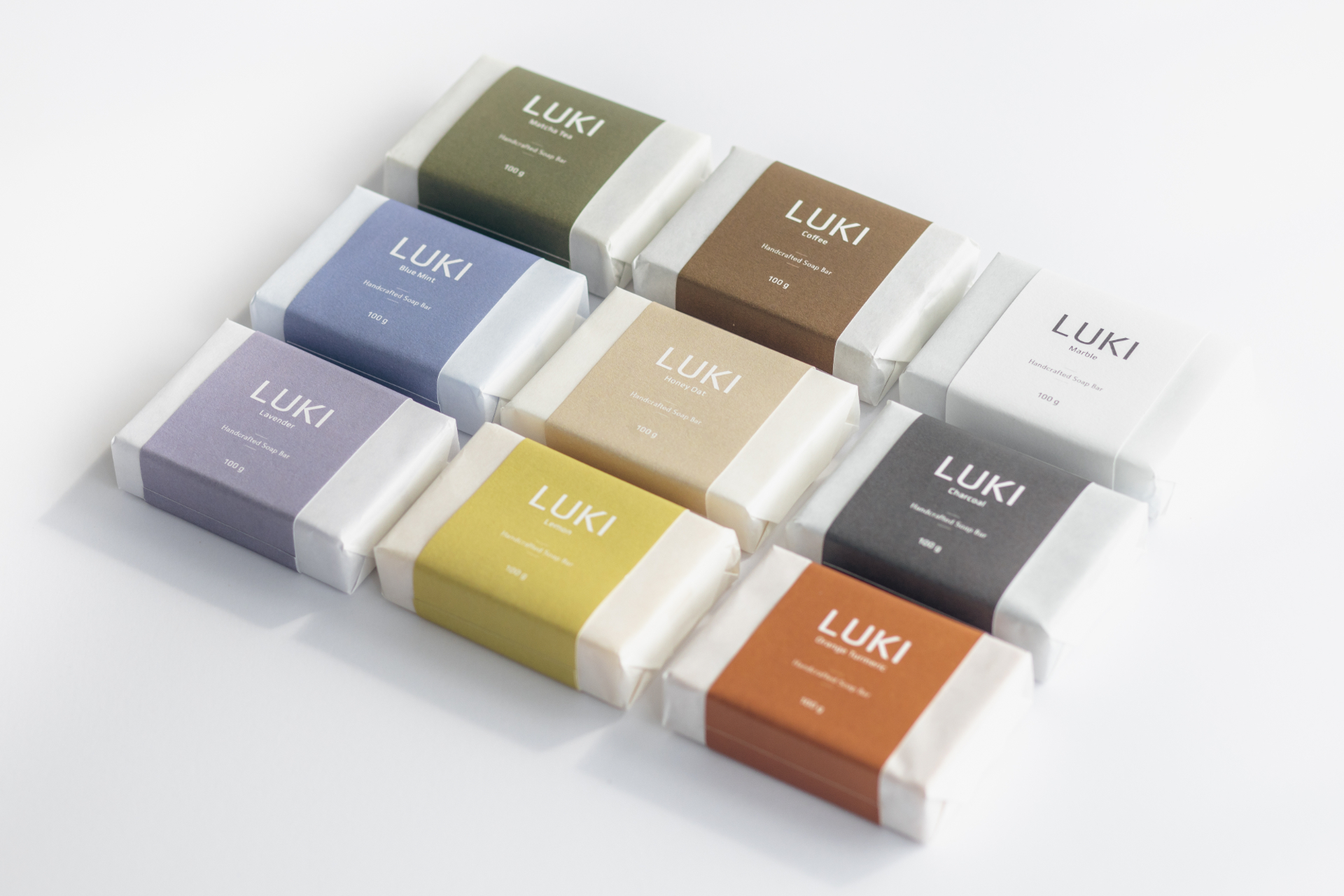
Handcrafted soap from LUKI.
On top of that, Kiat continued serving as the co-founder and marketing and communications lead for The Daily Movement, a fitness and wellness business started during his second year of study at LASALLE in the midst of the pandemic.
We checked in with Kiat about his unusual non-linear trajectory to find out how he copes with the fear of failure, the tension between being a specialist versus a generalist, and how his design communication background has paid off as he carves his own path.
Your background is in photography and image-making, as well as mass communication. What made you want to broaden your skill sets to include design?
While freelancing with the press and starting a photography and videography business during my studies and National Service days, I realised that I wanted to learn more about utilising different media for creatives and content creation.
I wanted to expand my areas of expertise to include graphic design and art direction — with the aim of starting an agency or creative studio. I also had a poor grasp of software and tools such as InDesign, Illustrator and Photoshop, so I sought formal training to be more technically proficient at them.
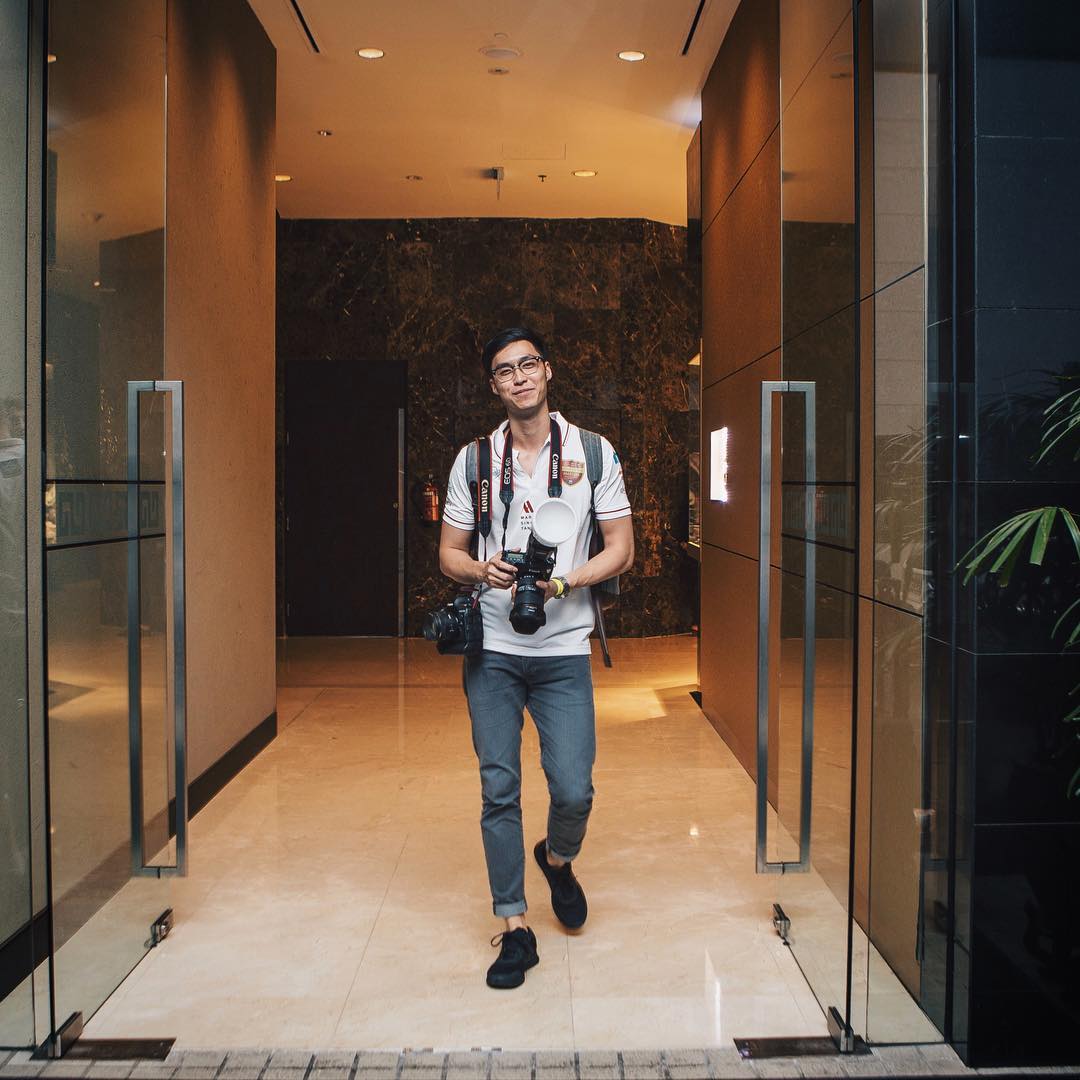
Kiat in between his shoots with Studio Myriad.
What drew you to LASALLE?
From a personal standpoint, life is a journey of growth and it will not be as linear as you imagine it to be. Your motivations and career trajectory might also change over the years — try to focus and enjoy the process instead of stressing over your destination.
From previous conversations with friends, they recommended LASALLE, citing its “liberal styles of learning” and “an environment to foster creativity” as a few of the many reasons. My interest in LASALLE was solidified after I attended LASALLE’s Open House. It was there where I had a chance to look at the myriad of work produced by graduating students, which honestly felt very refined and industry-standard.
At LASALLE, I found what I was looking for and more. I had the opportunity to meet so many diverse groups of friends—many of whom I consider friends for life. When I struggled with design software in my first years, they would stay back late at night to help me out.
I also found thoughtful and insightful mentors and educators, who took the time to walk me through multiple consultation sessions on modules that were challenging, and a proper support system—which was something that I felt was severely lacking in Singapore’s media and creative scene.
How has your design communication training paid off in LUKI and The Daily Movement, which sell lifestyle products and fitness services respectively?
My design communication background is integral to all my brands. The Daily Movement is a fitness and wellness provider, but I manage all branding, marketing and creative aspects of it, while LUKI is in many ways an extension of a LASALLE module on material exploration using concrete, calico and silicon.
The key to starting my own businesses has been to leverage on my core skill sets and focus on more creative or marketing aspects during the initial phases of brand-building. Now I’ve expanded my scope of work to more business-related aspects.
What are the biggest challenges you’ve faced being an entrepreneur?
The biggest challenge to me as an entrepreneur was the fear of ‘wasting my time.’ The question that I often asked myself was, “Could I have just worked a full-time job after graduation, instead of working on things that might fail?” LASALLE taught me how to be creative, bold and versatile. Over time, I’ve learnt that apart from the above, you need to have grit, very good time management and a drive to succeed.
Another lesson that I gradually learnt was that partnerships—be they in a school or professional setting—are crucial. When working on a project or building something, you need to find skillful and passionate partners to bring something different to the table, render you help or advice when needed, and push your idea/product/service/brand further.

Pictures from The Daily Movement.
There’s often tension between becoming a specialist or remaining a generalist—as someone who self-identifies as a generalist, what are your thoughts on this?
I would say most organisations and even creative projects need a balance of both generalists and specialists to succeed.
For me, I started out as a specialist (photography and image-making) in the news, media and advertising industry and went on to diversify. I’ve always found joy in being a generalist as I enjoy doing different things instead of focusing on one particular skill set. The ability to switch between different projects across different brands/industries brings me a sense of joy and excitement.
But as a generalist there’s always the question of whether you are ‘good enough’ at one specific skill, as well as the exhaustion from juggling multiple things at the same time. Sometimes it feels like I have created different compartments in my head to serve different tasks when it gets overwhelming during busy periods.
Ultimately, the goal for me is to become a ‘generalised specialist’, where I specialise in building brands but with adequate knowledge and expertise across various aspects of brand-building.
What would be your advice for young creatives trying to figure out their path in this world?
From a professional standpoint, leverage on your network and partner with like-minded, passionate people. It’s difficult to succeed alone.
From a personal standpoint, life is a journey of growth and it will not be as linear as you imagine it to be. Your motivations and career trajectory might also change over the years — try to focus and enjoy the process instead of stressing over your destination.
‘What happens after art school?’ is an ongoing series that follows our alumni’s work/life after LASALLE. Other instalments:
#1: Miso Choi on how LASALLE set her on the path to Harvard
#2: Eunice Khoo on production managing Marvel films
#3: Nikhil Amarnani on starting his own recording studio
#4: Tan Wei Xiang on taking the time to build your portfolio
#6: Felicia Toh on breaking into a competitive industry




